25 Grams of Ethiopia Buy Now
- Producers: 38 smallholder farmers
- Origin: Bookkisa, Guji Zone, Ethiopia
- Altitude: 2,000 – 2,100 masl
- Variety: Gibirinna, Serto (74110, 74112)
- Process: Natural
- Cup Profile: Super fruity with ripe and sweet exotic fruits, peaches and berries; extra smooth with a delicate body and a velvety mouthfeel; ultra-complex yet very balanced.
- Cup score: 88.5
- Certification: Organic
From bean to bottle
Given the huge success of our 2020 collaboration with Austria’s Roasting Champion Felix Teiretzbacher from Felix Kaffee, we really wanted to do another batch together.
But this time we went one step further. World class specialty coffee just wasn’t enough for us: it had to be certified organic at the same time. So for all the doubters and naysayers, this new batch is living proof that organic coffee can be just as amazing as any other specialty coffee out there. So here we go, with summer now in full swing, and cafés and bars finally treating their coffee-starved customers, 25 Grams and Felix Kaffee are kickstarting the cold brew season with this certified organic Ethiopian gem. As always, our Bean to Bottle story below explains what’s behind all the incredible flavors and aromas in batch #11, so you too can discover what’s all the fuss about this brew.
Origin: Ethiopia – the holy grail of Arabica
Let’s be honest, it’s never easy to compete with coffee from Ethiopia: the so-called birthplace of Coffea arabica is just a league on its own. And although we from 25 Grams are often overly choosy about what we fill our bottles with, the coffee we went for in batch #11 was an absolute no-brainer for us. All the typical floral and fruity characteristics of fine Ethiopian coffee were so ever-present…and it was, well, love at first sip.
Of course, a big part of this has to do with the precious raw materials. The green coffee beans were grown at around 2,000 – 2,100 masl in the fertile and resource-rich Guji Zone in Southern Ethiopia, which has gained quite a reputation among us coffee freaks. Most of the coffee in the region is produced under canopies of natural forest, which provide shade and protect the sensitive plants and soil from climatic stresses.
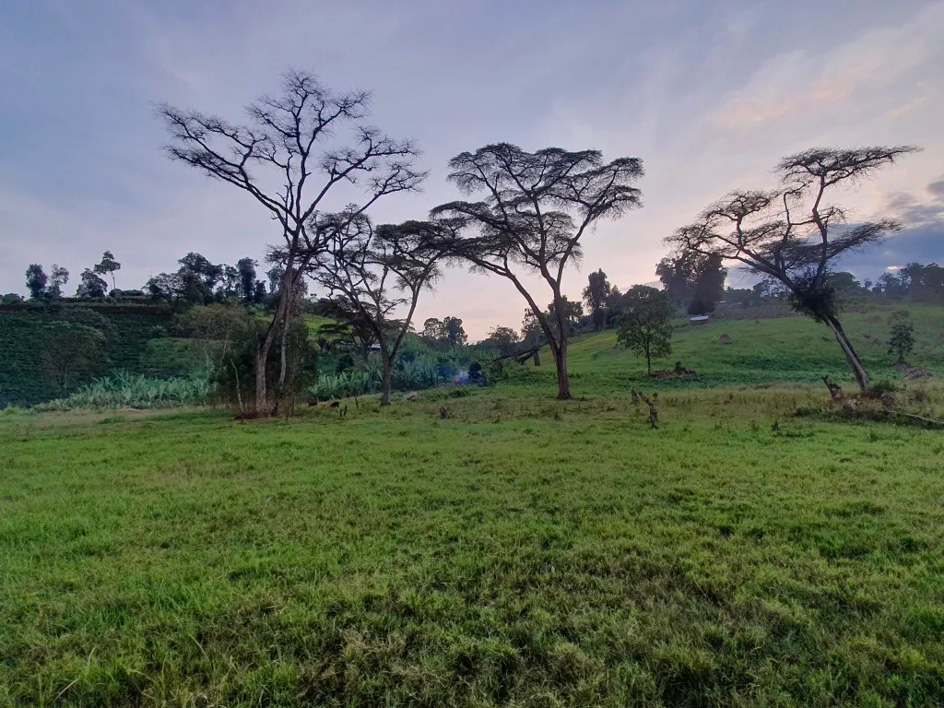
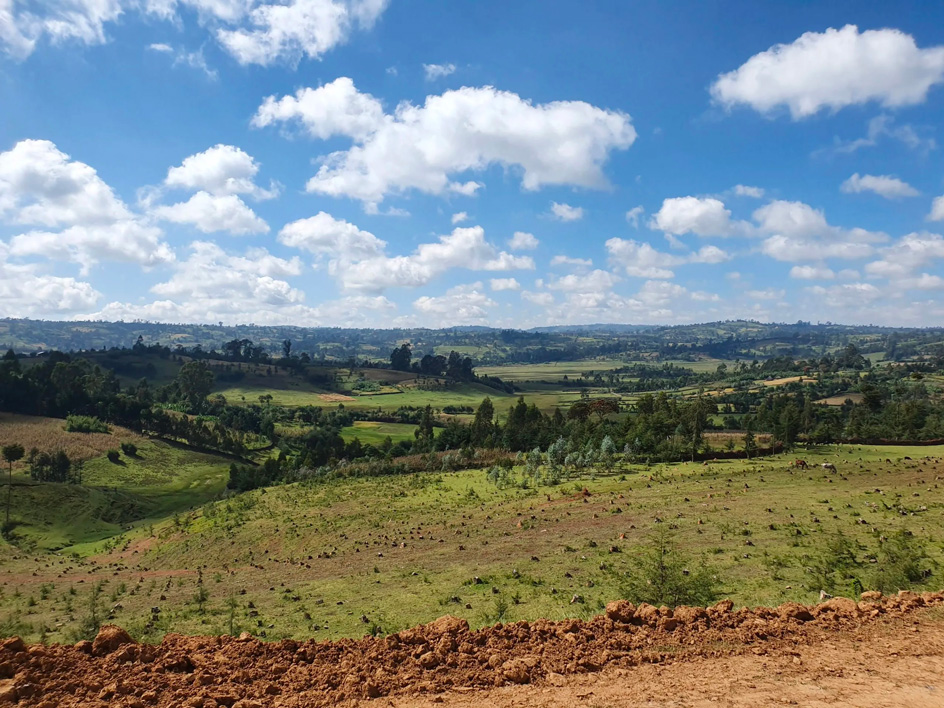
The Farmers: 38 Smallholders from Bookkisa
A total of 38 smallholder farmers from Bookkisa, a sub-kebele or district in the region, have put in their hard work to grow and harvest this high-end product. Each farmer owns around 2.5 hectares of land and all of them are trained in agronomy and post-harvest practices by Ture Waji, locally known as the "King of Guji".
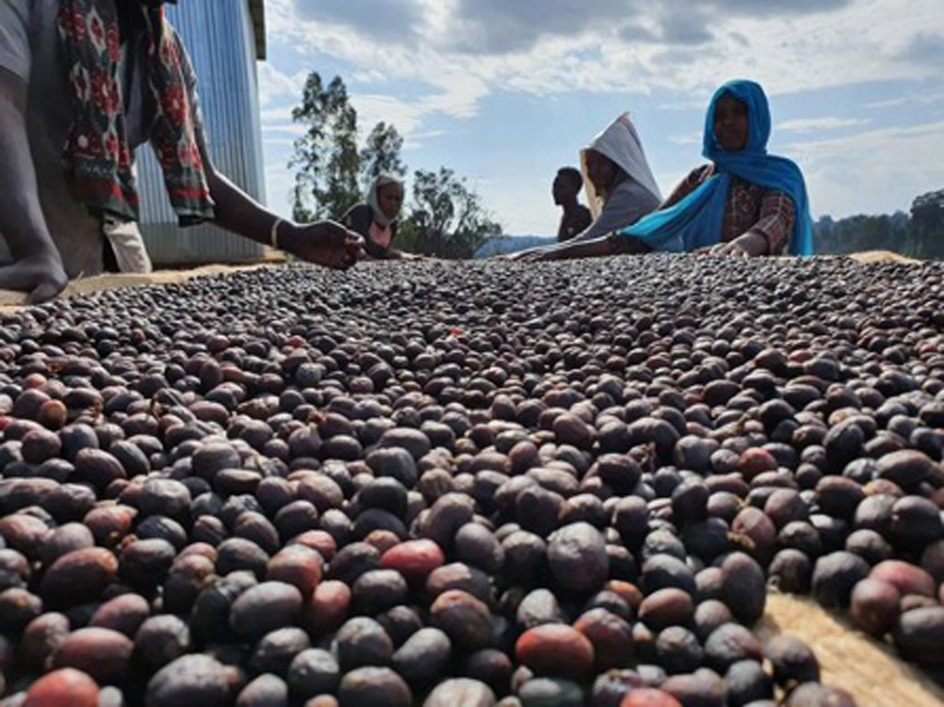
Organic beans and “natural” drying Process
Many of the explosive flavors you will find in batch #11 are the result of the careful attention the coffee received after the harvest. Our certified organic Bookkisa coffee underwent a so-called “natural” process, where the whole coffee cherries are left to dry on raised drying tables after picking. After several days in the sun, the coffee beans are removed from the cherries and then packed for shipping. The natural process often leads to a more pronounced body and emphatic fruity flavors, which you will definitely discover in this batch too.
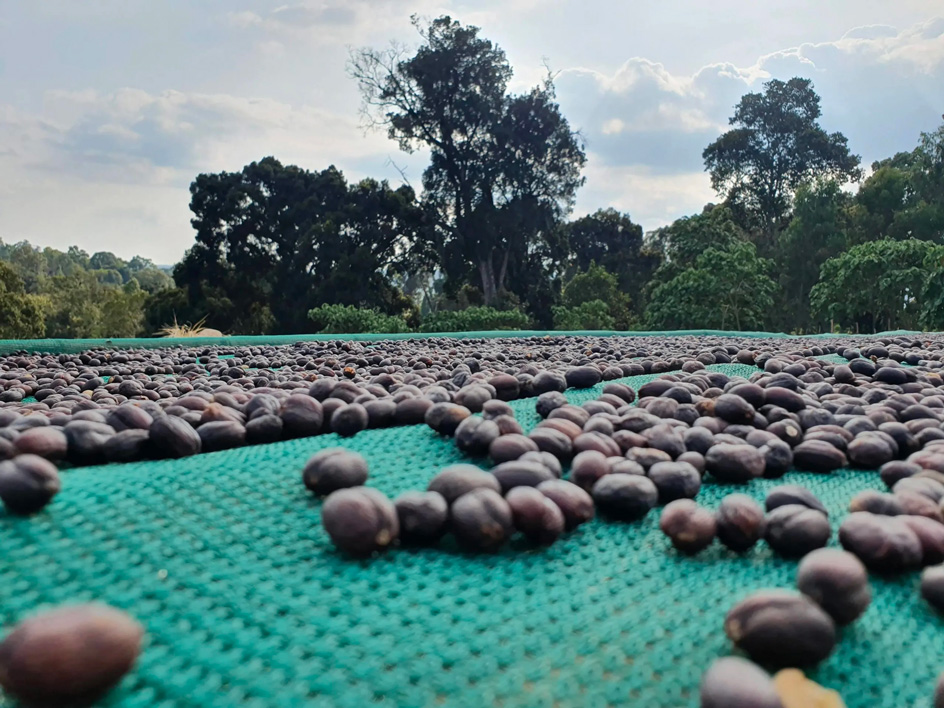
The coffee is processed at the drying stations of Bookkisa, which are quite unique due to their thorough management of the drying beds. Each day lot is actually tracked with a tag for each bed, where the specific delivery and start date of drying and relative moisture content readings are recorded for each day.
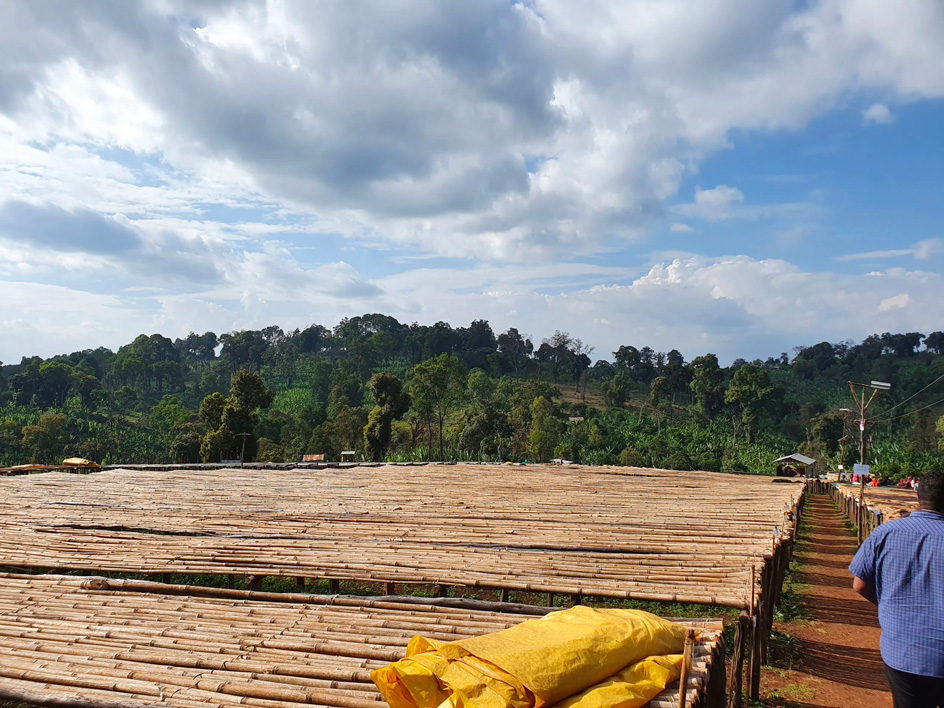
Another nice feature of the station is that is owned by a group of smallholder farmers, who sometimes also buy cherries from out-growers in their vicinities for around 0.7 $/kg. The farmers’ approach to coffee production, as well as their careful tracking of daily lots makes it easier to trace back the origin of each lot.
Imported by Falcon Coffees
Falcon Coffees, a renowned specialty coffee trader from the UK, puts a lot of emphasis on ethical sourcing. By focusing on quality and sustainability, the company builds collaborative supply chains with the aim of generating mutual benefits and long-lasting social impacts. Please check the video below to see how Falcon addresses the Sustainable Development Goals (SDGs), and especially those related to sustainable agriculture.
The Champion’s Roast by Felix Kaffee
Having worked with Felix Teiretzbacher in 2020, we knew our coffee was in safe hands. The Austrian Roasting Champion is so incredibly skilled in his trade and always manages to bring out the best and natural characteristics of each coffee. In the case of batch #11, Felix’s light to medium roast was perfect to really highlight the amazing tropical fruit notes and keeping any possible undesirable notes at bay. So, once again, thank you Felix for this beautifully roasted coffee!
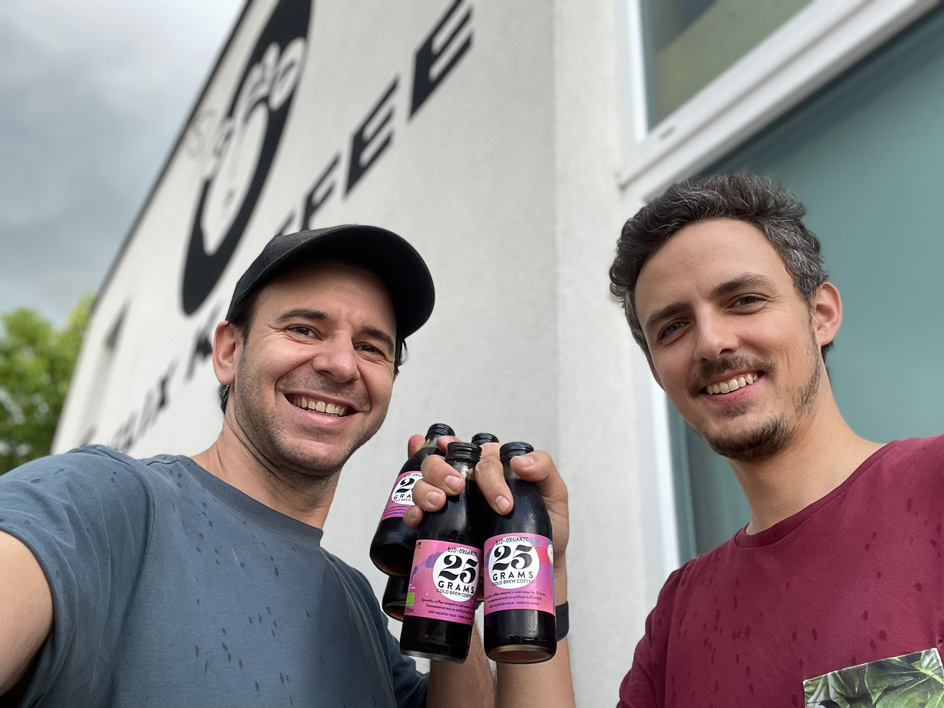
Specialty organic coffee beans from Ethiopia, a natural drying process, a champion’s roast and a 13-hour cold water extraction…what else do you need for this summer? Go get a few chilled bottles now and just let it brighten up your summer!

